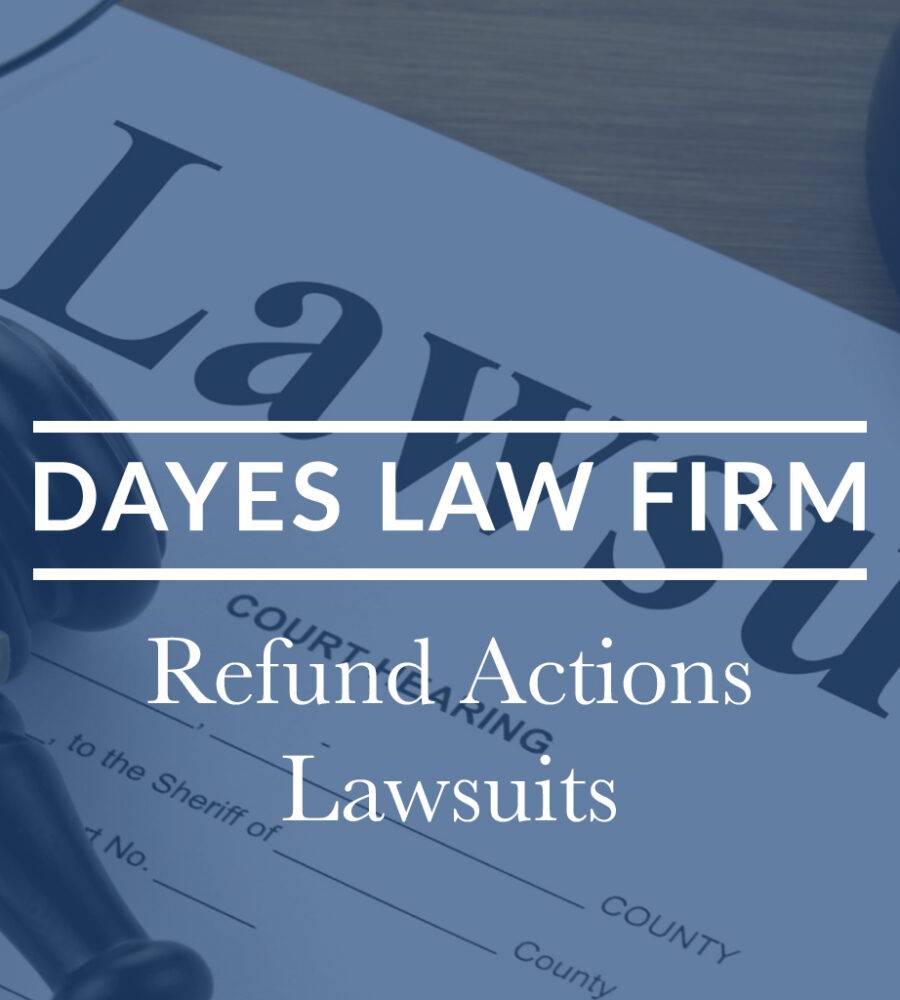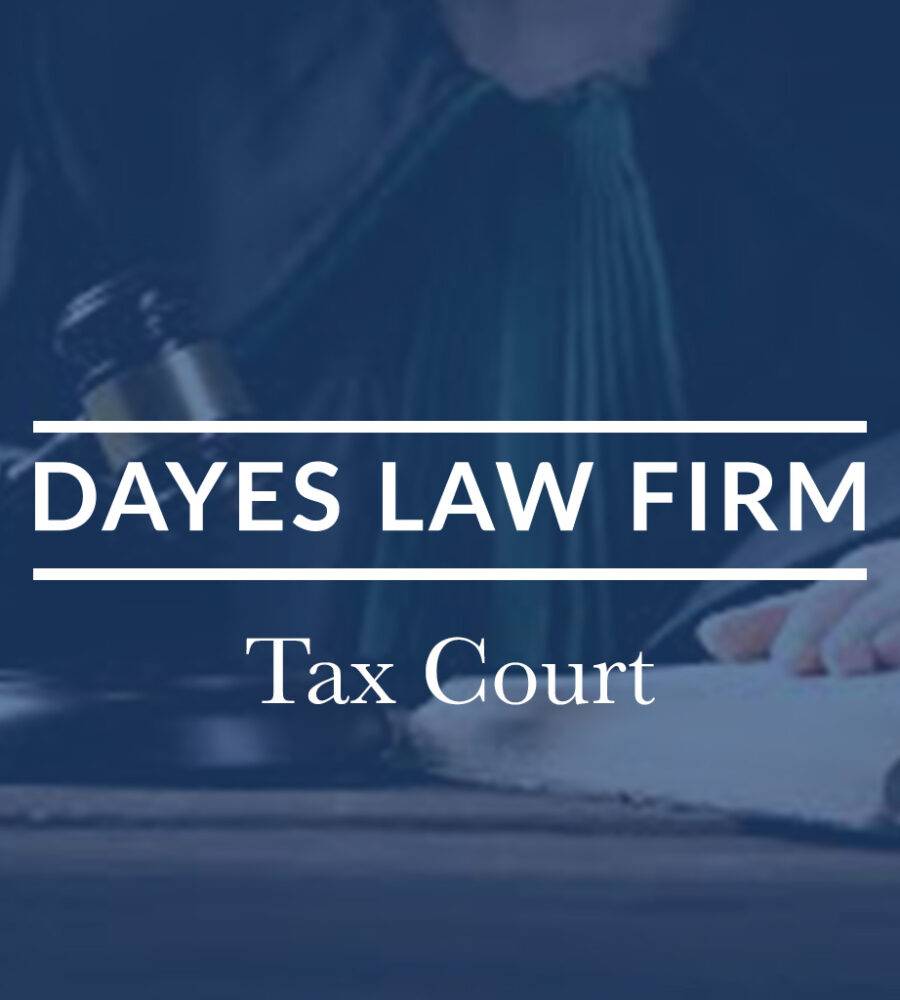Due Process Hearings
Protect Your Rights with Attorney Representation in IRS Due Process Hearings
Facing an IRS collection action can be intimidating, but you have the right to a fair hearing before the IRS can proceed. At Dayes Law Firm, our tax attorneys represent clients in IRS Due Process Hearings, ensuring your rights are protected and your case is presented effectively. Our experienced tax attorneys are dedicated to providing you with the expert legal advocacy you need. Fill out the form below for your Free Consultation!
Free Consultation
Why Choose Us?
Experienced Tax Attorneys: Our team consists of skilled tax professionals with extensive experience in handling IRS Due Process Hearings. We understand the complexities of tax law and are committed to defending your rights.
Personalized Strategy: We recognize that each tax situation is unique. We take the time to understand your specific circumstances and develop a tailored legal strategy to effectively present your case.
Comprehensive Support: From the initial notice to the resolution of your case, we handle every aspect of the Due Process Hearing. We provide clear communication and expert guidance throughout the entire process.
Proven Success: Our commitment to excellence and client satisfaction drives us to deliver successful results. We work tirelessly to protect your interests and resolve your tax issues favorably.


What is a Due Process Hearing?
A Due Process Hearing, also known as a Collection Due Process (CDP) hearing, is your opportunity to challenge IRS collection actions such as levies, liens, or asset seizures. The hearing is conducted by an independent IRS Office of Appeals officer and provides you with the chance to present your case, propose alternative solutions, and seek relief from unjust collection actions.
Our Due Process Hearing Services
Initial Consultation and Case Assessment: We begin with a detailed review of your tax situation and the collection actions you are facing to determine the best course of action.
Hearing Request Preparation: Our attorneys assist in preparing and submitting your request for a Due Process Hearing, ensuring all necessary documentation and arguments are accurately presented.
Case Presentation: We represent you in the Due Process Hearing, presenting a compelling case to the Appeals officer. We advocate for alternatives to enforced collection actions, such as installment agreements, offers in compromise, or other relief options.
Negotiation and Settlement: We negotiate with the IRS on your behalf to reach a favorable resolution. Our goal is to protect your rights and minimize the impact of IRS collection actions on your financial situation.
Post-Hearing Support: After the hearing, we provide ongoing support to ensure compliance with any agreements reached and address any additional IRS actions or concerns.
Questions? Dayes Law Firm Has The Answers
The IRS is not going to just take your money or assets without notice. You should have received a Letter LT-11 or L1058 In this notice it tells you that if you disagree with the levy you can request a collections due process hearing. This will allow you a chance to share why you do not owe the money. If you do owe the money you can also enter into an Installment Agreement or potentially an Offer in Compromise. If you enter into a payment agreement with the IRS, the levy will not be acted upon as long as you abide by the terms of the agreement.
You can appeal the determination of the CDP Hearing to US Tax Court. You will not be able to bring new issues or evidence to Tax Court that was not brought up previously during the CDP Hearing. So to ensure that you are successful in Tax Court you must first bring up the issue at the CDP hearing.
You can request an equivalent hearing. This will be treated much the same as a regular CDP Hearing. However, the IRS will not be barred from acting upon the levy or lien notices previously issued. In addition, you will be unable to appeal the determination to Tax Court. If you miss the deadline, it likely will still be in the Taxpayers best interest to request an equivalent hearing as long as they understand the IRS will start collecting on the debt.



